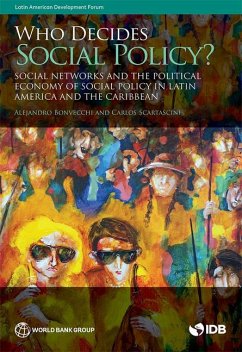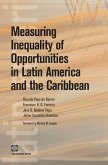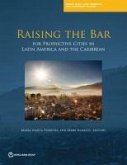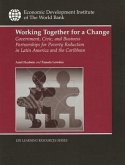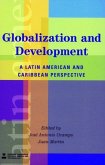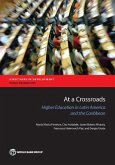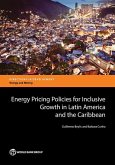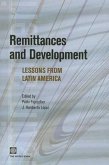Who decides on the formulation of social policy? What resources do actors bring to decision-making processes? How do those resources position them within decision-making networks? This book addresses those questions by combining an institutional political economy approach to policymaking with social network analysis of social policy formulation processes in Latin American and the Caribbean. Based on extensive field interviews with governmental and non-governmental actors, the case studies of social policy formulation in Argentina, Bolivia, The Bahamas, and Trinidad and Tobago show that while in the South American cases societal actors - such as unions and business associations in Argentina, and grassroots organizations in Bolivia - are central actors in the networks, government officials are the main participants in the Caribbean countries. The comparative analysis of the networks of ideas, information, economic resources, and political powers across these cases indicates that differences in the types of bureaucratic systems and governance structures may explain the differences between who decides and what resources underpin their influence in social policy formulation in the region.

